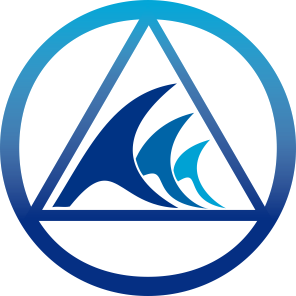Institute of Oceanology – IO-BAS
IO-BAS carries out basic and applied oceanographic research corresponding to the national priorities and the global developments.
The investigations, applied science and expert activities aim towards strategy elaboration for sustainable development and management of the Black Sea Ecosystem in compliance with the regional and European regulations, and implementing the ecosystem approach.
Priority disciplines: marine physics, chemistry, hydrology, climatology, geomorphology, geology, morphodynamics of the seafloor and coastal zone, marine biology and ecology, hydrodynamics and lithodynamics of the coastal zone and operational oceanography.
Main Research Areas
- Study physical processes in the marine environment
- Investigate the chemical composition dynamics of the marine and coastal waters, adjacent lakes and riverine waters
- Explore the Black Sea biodiversity at the molecular, population, species, habitat and ecosystem levels
- Advance the science base for ecosystem approach implementation in human activities management
- Develop indicators and classification systems for ecological state assessment
- Investigate features of geological structure of the Black sea coast, continental shelf and abyssal plain, lithology, stratigraphy, sedimentology of Quaternary deposits
- Reconstruction of climate changes and sea level fluctuations during the Quaternary to predict global climate change
- Investigate coastal and underwater archaeological sites
- Investigate spatial and temporal distribution of methane hydrates in the Black Sea and possibilities for their commercial use.
- Modern techniques and technologies for marine science research. Design, management and operation of marine observing infrastructure.
- Operational oceanography. Collection, management and dissemination of oceanographic data and information
Marine Science in Service of society/ Public Benefits of the Marine Science
- Monitoring and assessment of the ecological status of the marine environment in compliance with the European Directives
- Development of the science base for designation and management of marine protected areas for biodiversity conservation in the Black Sea
- Development of forecasting systems for coastal hazard (such as flooding and erosion) and their socio-economic impact on the coastal environment
- Development of tools for long-term prediction of coastal risk and tests disaster risk reduction strategies
- National Operational Marine Observing System (NOMOS) provides operational information for the purposes of marine science and industry
- Fish stocks assessments and sustainable exploitation recommendations
- Seabed Habitat Mapping and Classification
- Environmental Impact Assessment Studies
- Assessment of geological risk – earthquakes, landslides, erosion
- Current information of geological risk and geophysical fields Investigation of maritime cultural heritage as national wealth for the benefit of the tourist industry
- Monitoring of potentially toxic phytoplankton as early warning of ecological and human health hazard
- National Oceanographic Data Centre (BGODC) processes, archives, and distributes oceanographic data to the scientific community and other users
